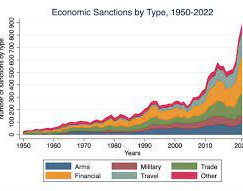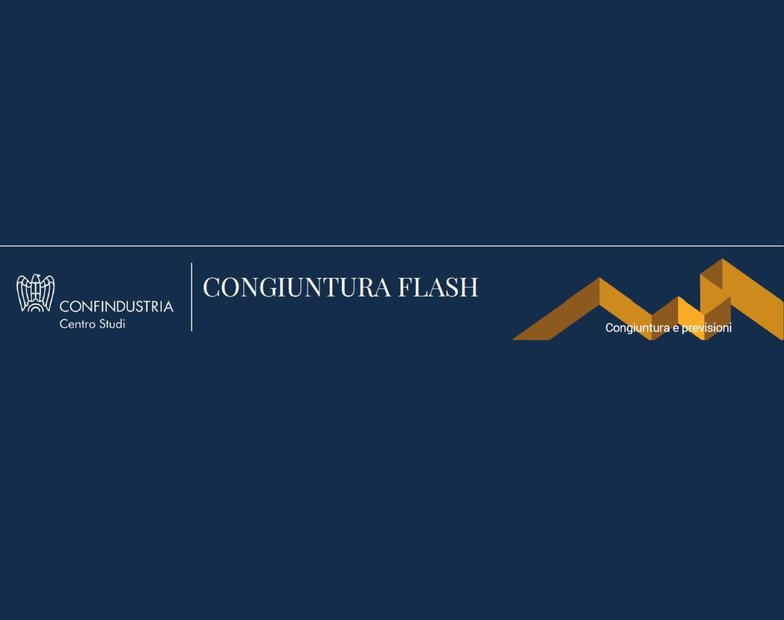The Global Sanctions Data Base update has been released. Gsdb Release 3: COVID-19, Russia, and Multilateral Sanctions, WIFO Working Papers, 2022, PDF download. The news and characteristics of sanctions in 2022 told by lavoce.info.
- In 2021 and 2022, the number of international sanctions increased at a faster rate than in previous years, also due to the increase in conflicts and coups, such as in Ukraine and Myanmar. Financial, commercial or travel restrictions have grown the most. Sanctions on arms and military assistance played a less important role.
- Trade sanctions concern partial or total restrictions on import and/or export with the sanctioned country. Their effectiveness is greater when many countries join, otherwise they are easily circumvented through the so-called "triangulation", passing the goods through a third country. Financial sanctions, on the other hand, concern restrictions on sanctioned countries accessing accounts and funding in sanctioning countries. This is the case, for example, with the freezing of Russian reserves with foreign central banks.
- Sanctions are a mechanism used above all by Western countries, the United States in the first place with 187 active sanctions, also thanks to their enormous importance as suppliers and as an outlet market. Excluding the United Nations, Russia (12) is the first entity in terms of number of sanctions imposed not belonging to the so-called Western Bloc (12), followed by the Economic Community of West African States (7).
- The recipients of sanctions, on the contrary, are mainly authoritarian regimes, such as Russia, Syria and North Korea, or territories characterized by strong political instability, such as Libya and Somalia.



